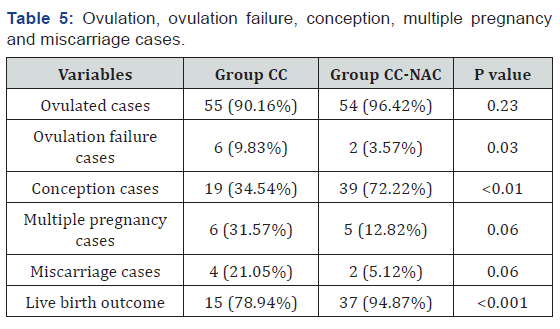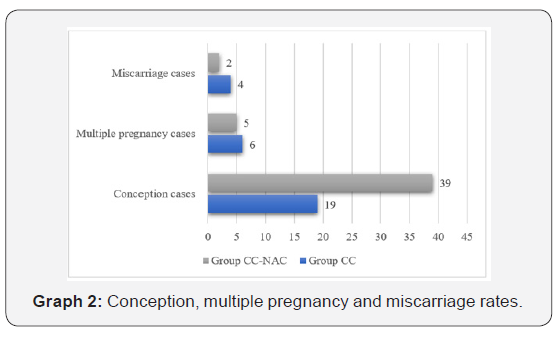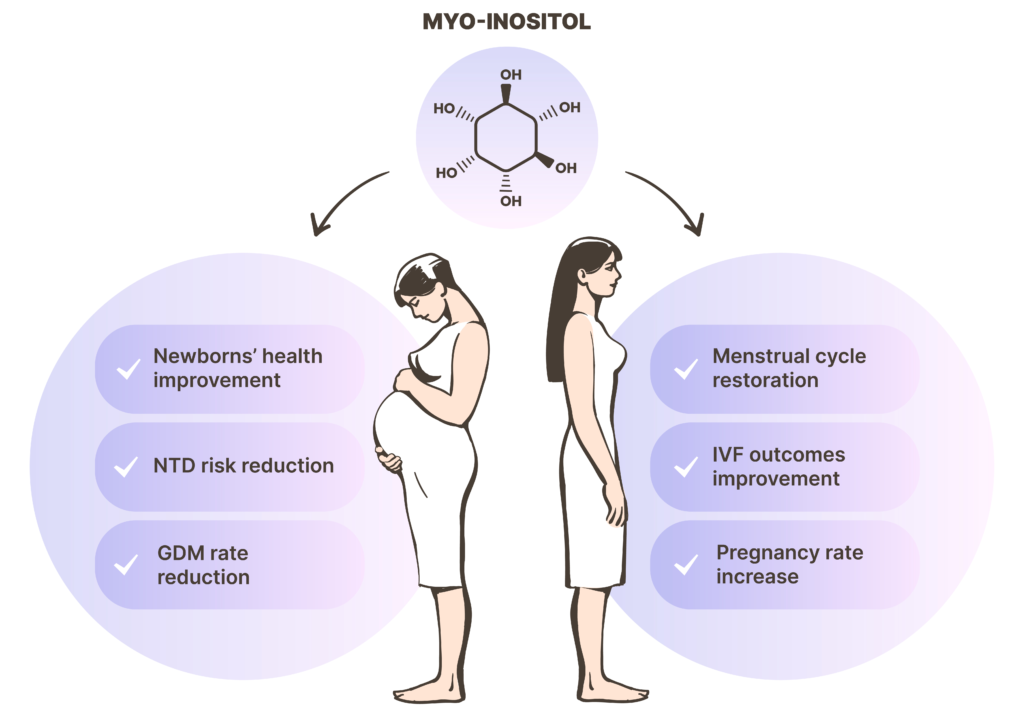On the ‘gram we’ve been sharing quite a bit of info around the use of and positive impact of Myo Inositol and N-acetyl-L-cysteine (NAC) to support fertility in those with challenges such as PCOS, Endometriosis and unexplained infertility.
I wanted to expand upon this information here because sometimes a supplement stack as simple as this combination can be the game changer being sought by someone struggling with unexplained infertility for a decade.
Kicking off with N-acetyl-L-cysteine which is a great supplement for improving fertility because it addresses 3 big players in infertility: cervical mucus, egg quality, and blood sugar balance.
Taking 600mg of NAC may boosts the chances of a pregnancy continuing past 20 weeks and ultimately women taking NAC are twice as likely to take a full term baby home. Other studies have shown that in those with PCOS, NAC supplementation decreases miscarriage rates by 60%. That is massive.


NAC protects pregnancy from maternal inflammation which could induce fetal stress and injury to developing cellular/tissue structures. NAC does a beautiful job of modifying and suppressing the cytokine response in both mum and bubs in utero ensuring a stable and safe internal environment as much as possible.
Glutathione levels are significantly lower in women who miscarry and as such, given NAC is a glutathione precursor, it can play an important role in mitigating the physiology of miscarriage.
Beyond miscarriage NAC has demonstrated fantastic ability to restore ovulation and improve oocyte/ embryo quality leading to better chances of a sustained full term pregnancy. Studies in women with PCOS have repeatedly corroborated this, whether assisted reproductive support is being employed or natural conception – pregnancy outcomes are better with NAC.
As a woman who was considered a ‘Geriatric Pregnancy’ at the ripe old age of 39 – which is utter bullshit by the way – NAC was part of my arsenal to preserve and improve my egg quality/ viability.
In women with Endometriosis, Italian researchers have found that NAC not only reduces the pain and adhesion’s of Endo, but after 3 months of supplementation – one third of patients cancelled their surgery such was the level of improvement noted.
Then we have Myo Inositol…..

Myo Inositol is fabulous for restoring ovulation and improving egg quality, in particular women with PCOS or insulin resistance. If you have a history of immature eggs during IVF cycles or unexplained recurrent miscarriage, Myo could be a great fit for you whether or not you have PCOS given it’s ability to promote a trouble-free gestation.
Myo Inositol lowers glucose levels and inflammatory markers such as C Reactive Protein and plays a key role in signalling molecules that regulate a wide variety of biological activities in the cells and developing eggs. Myo Inositol improves egg quality via protecting against oxidative stress and ensuring proper cell signalling as it is maturing.
It was a Hong Kong based researcher Dr Tony Chiu who discovered the impact of MI on fertility and reproductive health back in 2002.
Dr Chiu and his team were studying women undergoing IVF treatment and ways to improve their chances of a viable full term pregnancy. They tracked 53 women and compared the amount of MI within each ovarian follicle and discovered that the MI levels are directly connected to high quality, mature eggs with high fertilisation success rates.
The more Myo Inositol present within ovarian follicles = the higher quality of the embryo.
Besides improved pregnancy outcomes, Myo Inositol can be a bloody amazing agent of change where hormonal disturbance is present such as irregular or long cycles. MI can help restore a healthy, well balanced menstrual cycle. One such study demonstrated that Myo Inositol supplementation over six months restored normal cycles AND ovulation in 72% of clinic patients. More than half of those women would go on to fall pregnant.
For women at risk of developing Gestational Diabetes, Myo Inositol is brilliant as a preventative. A Cochrane Review of all available research confirmed that Myo Inositol reduces the risk of developing GD.
Myo Inositol is typically very well tolerated by most and study doses vary between 600mg-2g a day. Ideally both NAC and Myo Inositol should be taken for at least three months before planned conception to ensure developing eggs are optimally impacted.






0 Comments